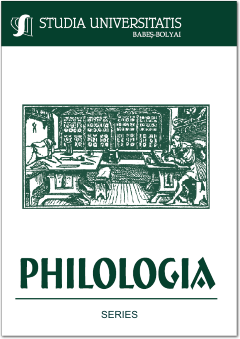LANGUAGE POLICIES IN NORWAY AND THE DEVELOPMENT OF THE MULTILINGUAL COMPETENCE
LANGUAGE POLICIES IN NORWAY AND THE DEVELOPMENT OF THE MULTILINGUAL COMPETENCE
Author(s): Raluca Pop, Raluca-Daniela RăduţSubject(s): Language studies, Language and Literature Studies, Foreign languages learning, Theoretical Linguistics, Applied Linguistics, Studies of Literature, Philology, Translation Studies, Theory of Literature
Published by: Studia Universitatis Babes-Bolyai
Keywords: foreign language learning; culture; intercultural communicative competence; language policy; student-centered learning; differentiated learning; multilingual competence;
Summary/Abstract: Language policies in Norway and the development of the multilingual competence. Norway, an increasingly multicultural society, has acknowledged through its language policies the importance of communicating effectively across diverse cultural and linguistic contexts. This paper intends to provide a broader picture of the Norwegian education system and the changes it has undergone in order to accommodate to technological advancements and the internationalization of education. In addition, the development of the intercultural communicative competence has become a prerequisite in Norway’s multicultural and multilingual society characterized by increased mobility. Therefore, Norway’s educational landscape and educational policies needed to accommodate these changes and transfer the acquired knowledge into clear pedagogical aims.
Journal: Studia Universitatis Babes-Bolyai - Philologia
- Issue Year: 64/2019
- Issue No: 2
- Page Range: 193-205
- Page Count: 13
- Language: English

